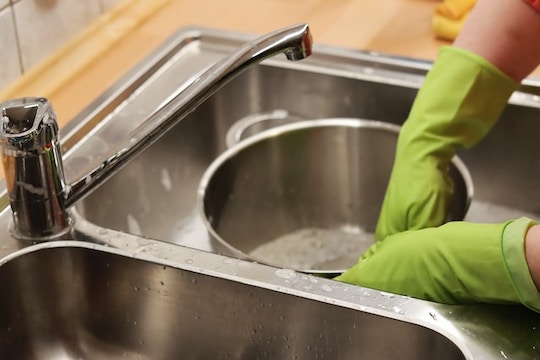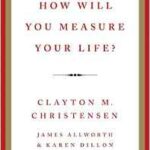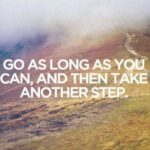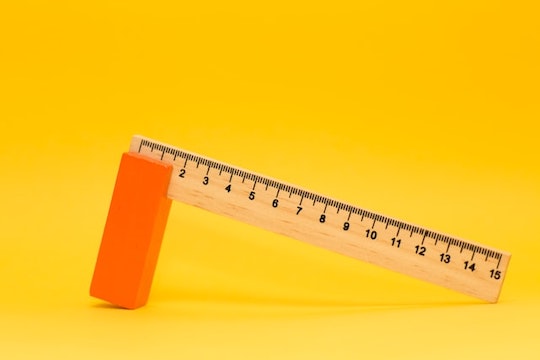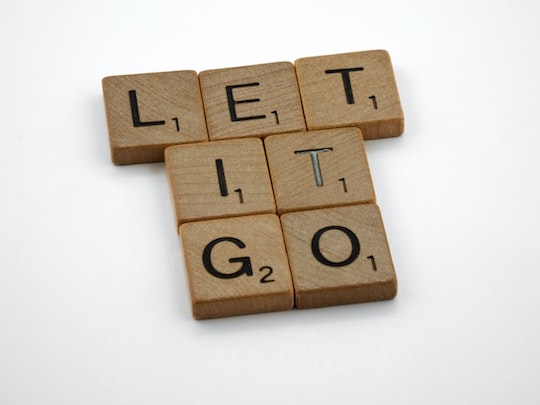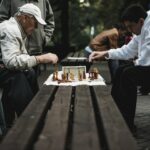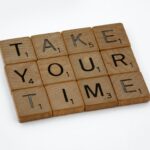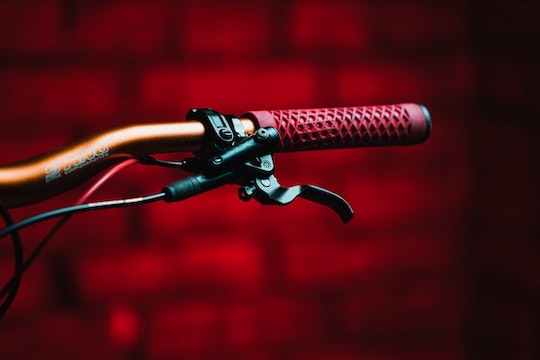“Empower me to exercise the authority of honesty, and be a participant in the difficult ordinariness of now.”
—Ted Loder, Retired Methodist Minister
Before putting pen to paper, I read today’s quote a few dozen times to grasp its depth and significance. After exploring it in detail, I asked myself three questions:
- Who is doing the empowering?
- How can I better exercise the authority of honesty in my daily efforts?
- Where am I a full participant in the difficult ordinariness of now?
EXERCISE:
How can you apply the wisdom of this quote and strengthen your capacity to live a happier, more fulfilling life?
Feel free to reply to this post with your thoughts.

